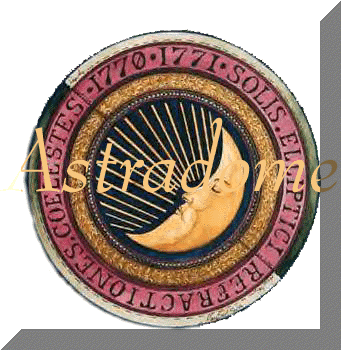|
Pandora's vessel was not a box but a
honey-vase, pithos, from which she
poured out blessings: a womb symbol like the Cornucopia, anciently used as
a vessel of death and rebirth. Pandora's Vase became Pandora's Box
only in the late medieval period, when Erasmus mistakenly translated pithos
as pyxis.
Hesiod claimed Zeus sent Pandora to
earth to punish men, who had offended him. She bore a vase filled
not with blessings but with curses: strife, death, sickness, and all
other afflictions. Pandora in her curiosity opened the vase, as Zeus
knew she would, and released them among men. In a refinement of
cruelty, Zeus also supplied delusive hope
to prevent men from killing themselves in
despair and escaping the full impact of suffering their Heavenly Father
intended for them. The basic theme is also familiar in the myth of
Eve.
Hesiod's story was
further adapted to the legend of King Solomon, who was said to keep a
horde of demons in a vase. After his death, greedy men broke the
vase in seeking treasure and let the demons out into the world.

|
Mythology
has always fascinated me. This interest, combined with a flare for the dramatic,
inspired me to do this page.
According to myth, Pandora was
the first woman to be personified in an anti-feminist fable by
Hesiod, who tried to blame war, death, disease,
and all other ills on women.
Once someone or something has been
labeled it is very difficult to reverse the impact it was intended to
make. Unfortunately, this occurs frequently - with a diagnosis, a character
trait in someone, a misunderstanding of motivation, etc. I think the
Pandora myth reflects human nature when it is lacking integrity and is an excellent example of why we
should not jump to conclusions about someone or something. We should
always try to discern the motivation behind the "labeling" and
discriminate what is truth from what is someone's endeavor to
justify their vindictiveness, prejudice and/or ignorance. It is each
person's responsibility to avail himself of the truth before accepting
another's myth.
|
|